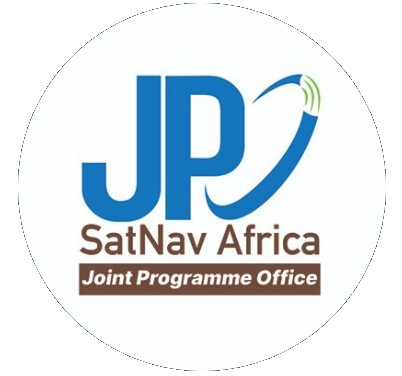
Aéroport international Léopold Sédar Senghor
ABOUT US
Mon - Fri, 2022
7:30 AM – 3:30 PM
Immeuble San Marco
BP 8163 Dakar - Sénégal
+221 33 865 40 27
Contact@satnav-africa.org

Mon - Fri, 2022
7:30 AM – 3:30 PM
Immeuble San Marco
BP 8163 Dakar - Sénégal
+221 33 865 40 27
Contact@satnav-africa.org
In Northern Africa, the ACAO Member States have adopted a technical scenario for SBAS implementation and impact assessment studies have also revealed positive impact of SBAS for the aviation sector. The phased approach taken for the SBAS provision plan includes operational services from 2024 based on EGNOS extension. An independent SBAS infrastructure is expected to be deployed in the long-Term (2035+).
Choose one of your services
In Eastern Africa, COMESA, EAC and IGAD are beneficiaries of the Satellite Navigation in Africa Support Programme (JPO). Technical and economic feasibility studies for SBAS development in the region results showed positive impacts both on aviation and other sectors. A project concept on the implementation of a GNSS monitoring system is currently planned for the East African States (EAC Member states).
In Southern Africa, a GNSS monitoring network has been deployed and is operated in South Africa to assess GNSS performances, including potential SBAS performances. South Africa recently developed the navigation strategy that includes the implementation of augmented GNSS, primarily SBAS in the medium to short-term. In addition, a test bed in support to the strategy for assessment of SBAS performances which were very encouraging, meeting the expected level of service (accuracy and integrity) or very close (availability) to the APV-I requirements.
These good SBAS performances foster an evolution from the present conventional navigation and landing system to a GNSS-based system and pave the way to further demonstrations to prepare for a future SBAS system in Southern Africa.
SBAS is a key element of continental GNSS strategies developed under the aegis of ICAO.
In 2017, the Decision adopted by the AU Member States and in line with the APIRG/22 conclusion 22/39 tasked the African Union Commission (AUC) to conduct a continental cost-benefit analysis (CBA) on SBAS introduction in the region, considering existing initiatives. Specific focus would be on the aviation sector, evaluating the operational, safety, environmental, and social benefits as well as the costs of SBAS implementation for all aviation stakeholders.
The CBA study completed in May 2022 demonstrated high economic attractiveness of SBAS implementation across the whole aviation sector and beyond and will be submitted to AU policy organs.
ANGA is considered an SBAS Programme and more details on it can be found under SBAS Programmes around the world.

